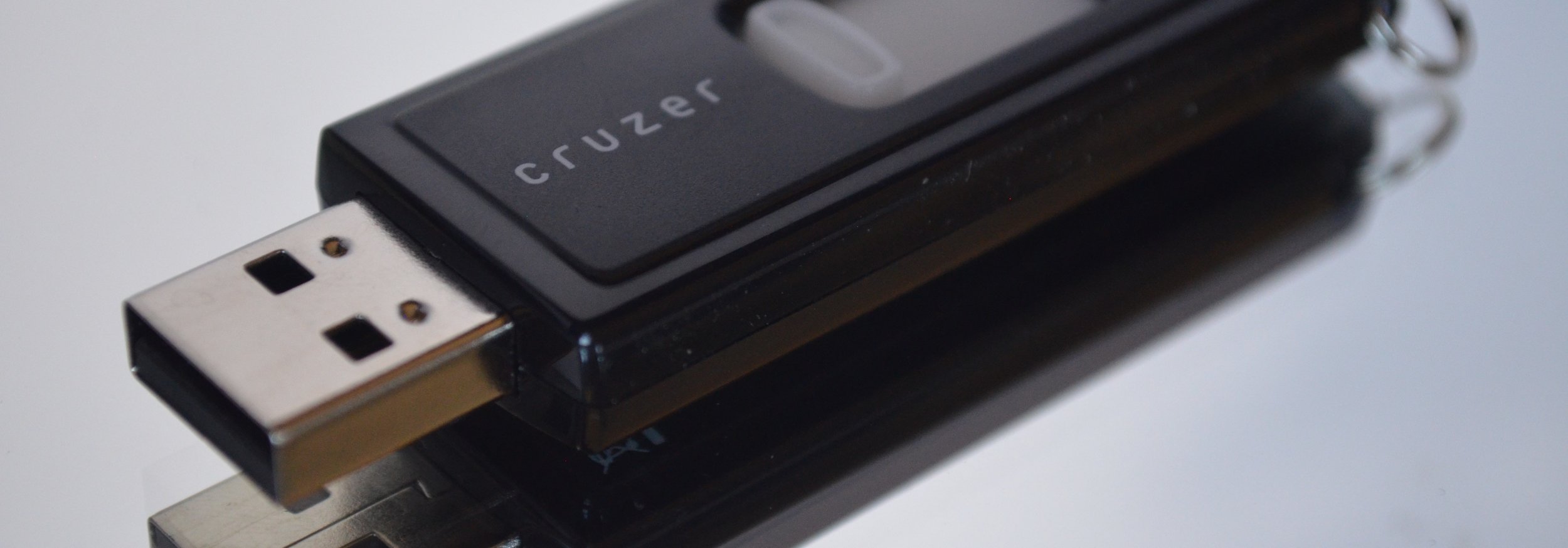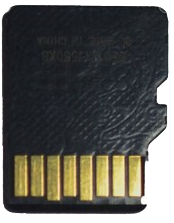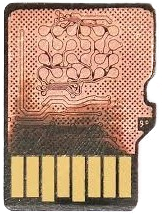Flash Drive Data Recovery
Flash drives, though small and affordable, contain some of our most important data. We often transfer work documents, photos, projects, and such from one device to another as we travel from one location to the next. The loss of data from a flash drive can be devastating because it holds that critical data as well as life's most important memories in the form of photos, videos, and files. Whether it's your family vacation, grandma's 90th birthday, or the video of your child's first steps, they are most valuable to you. Unfortunately accidents happen and data is lost, whether your precious data is lost from accidental deletion, virus infection, or a corrupted and damaged drive, there is still hope to recover your important, priceless information. Our seamless IN-LAB RECOVERY PROCESS is simple and easy, giving you one less thing to worry about. You can rest assured knowing our Recovery Specialists and Engineers understand that loss, and how invaluable those moments are or that data is to you. At Integrity Data Recovery we will work relentlessly to ensure we get every piece of data back possible. If your drive takes more work than you were originally quoted, we keep working at no extra charge to you, until we recover everything you need. That is our guarantee as the Gold Standard in Data Recovery.
Flash drives technologies come in two categories: NAND and Monolithic
What is the difference between NAND and Monolithic???
NAND Technology flash drives have two main components. They have a NAND chip, which is where your data is stored, and the controller chip. The controller chip controls the functions of the flash drive, such as how it connects to your computer and where the data is stored on the NAND chip. We have the expertise, technology and training to remove NAND chips in order to gain direct access to the RAW data on the NAND chip. This is time a consuming process because the controller uses special algorithms to write the data to the NAND Chip. This means the RAW data on the NAND chip is encrypted using XOR algorithms or other complicated algorithms. All NAND chips have to be reverse engineered to discover its unique XOR algorithm, which, by doing, gives us access to all the data contained within the NAND chip. This technique is known as “chip off” and is necessary in many cases due to the controller chip failing or failing to work properly.
Monolithic Technology flash drives are a single chip and do not contain any attached chips. This allows for memory chips to be much smaller and thinner, but it makes it more complex for the data recovery. Monolithic chips are silicon based with the circuitry on top and then covered with a plastic coating. The pictures below show monolithic chips with the plastic, and after we have removed the plastic coating, revealing the electrical circuitry that we use to gain access to your data. Once the plastic is removed, we have to determine the "pin-out", which is specific points we need to solder to in order to bypass the controller and gain access to your data. There are hundreds of different versions of these chips, and different pin-outs for each one. The pin-out is extremely complicated to discover. We then have to solder 16 very tiny wires directly to the specific areas of the drive that connect to a specialty made adapter. When we have completed this process successfully, we have to reverse engineer the way the controller writes the data to the device so we can de-scramble / decrypt it. We are then able to read your data and image it bit-by-bit.
Reasons for Flash Drive Failures?
Logical Flash Drive Failure:
Flash drives are susceptible to logical failures because they often get connected and disconnected to your computer or several different computers. Sometimes, disconnecting a flash drive without properly ejecting it can cause damage to the boot sector, partition, or file system. If your Flash Drive suddenly asks to be formatted and will not give you access to your data there are a few options for data recovery. If there is no physical damage to the drive, it will cut your costs of recovery considerable. In cases like this there is an option for remote recovery as well. We offer free evaluation, so it will cost you nothing for us to diagnose your drive and give you an exact cost to recover your data. Call our recovery specialists at Integrity Data Recovery and we can talk you through all your available options.
Physical Flash Drive Failure:
If your flash drive is no longer recognized by your computer, there is a high chance it's suffering from a physical failure. The most common physical flash drive failures we see are caused by bending, breaking, smashing or dropping them. Physical flash drive failures can also include electrical failures or random chip failures from: age, abuse or extreme use. With physical damage we will need to get your flash drive into one of our Clean Rooms, and it will require specialized equipment to recover your data. We offer free evaluation, so it will cost you nothing for us to diagnose your drive and give you an exact cost to recover your data. Call our recovery specialists at Integrity Data Recovery and we can talk you through all your available options.
User Error, Deletion, Formatted:
We understand that it's really easy to accidentally make a mistake and delete files or format your flash drive. Deleted data or a formatted flash drives can be recovered depending on what you have done since the initial deletion or formatting. If you turned off your flash drive immediately, we can probably recover all of your lost or deleted data. However, if you continued using your flash drive and wrote any data to the drive, it could make your deleted or formatted data unrecoverable. Once the deleted data becomes overwritten, it becomes impossible to recover. Call our recovery specialists at Integrity Data Recovery and we can talk you through all your available options.




